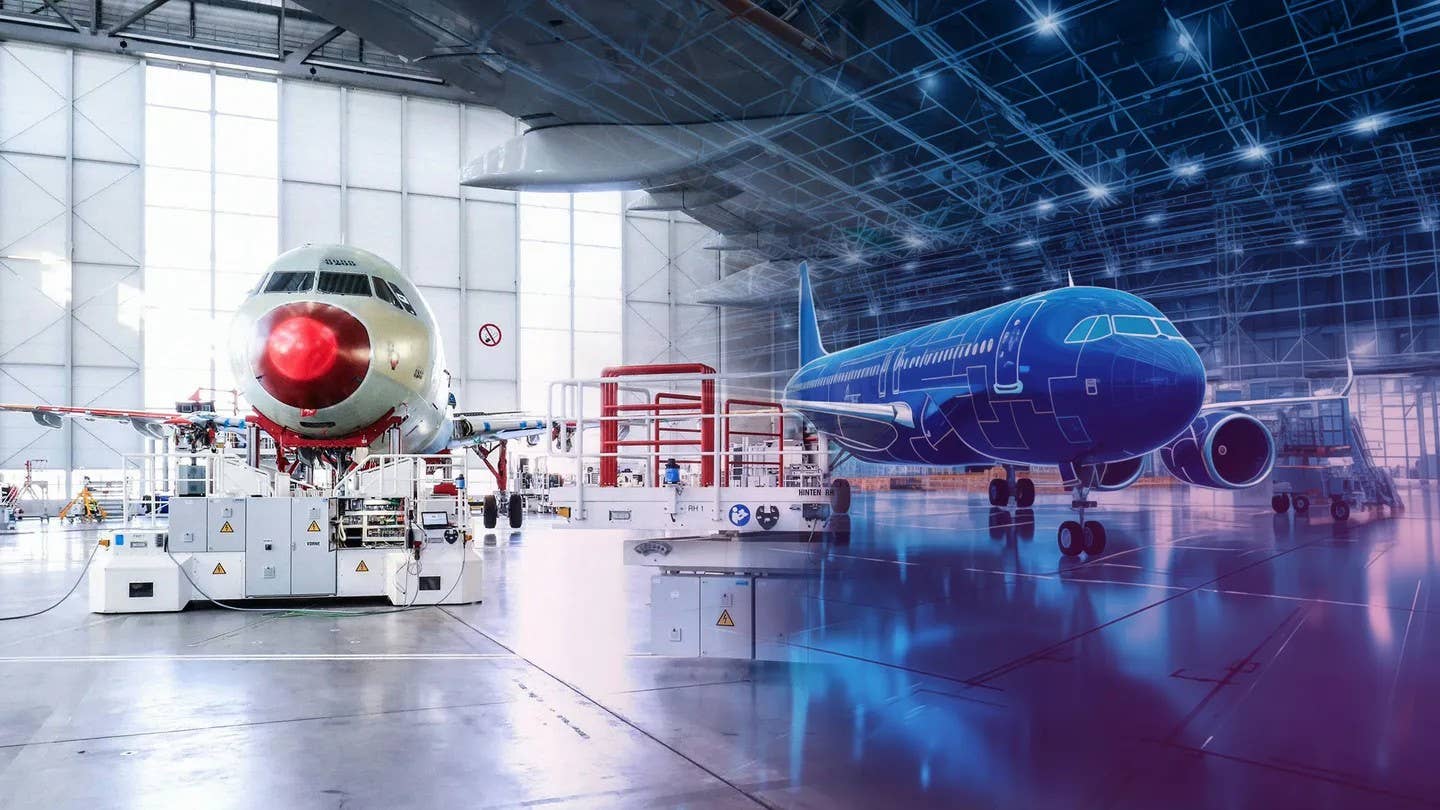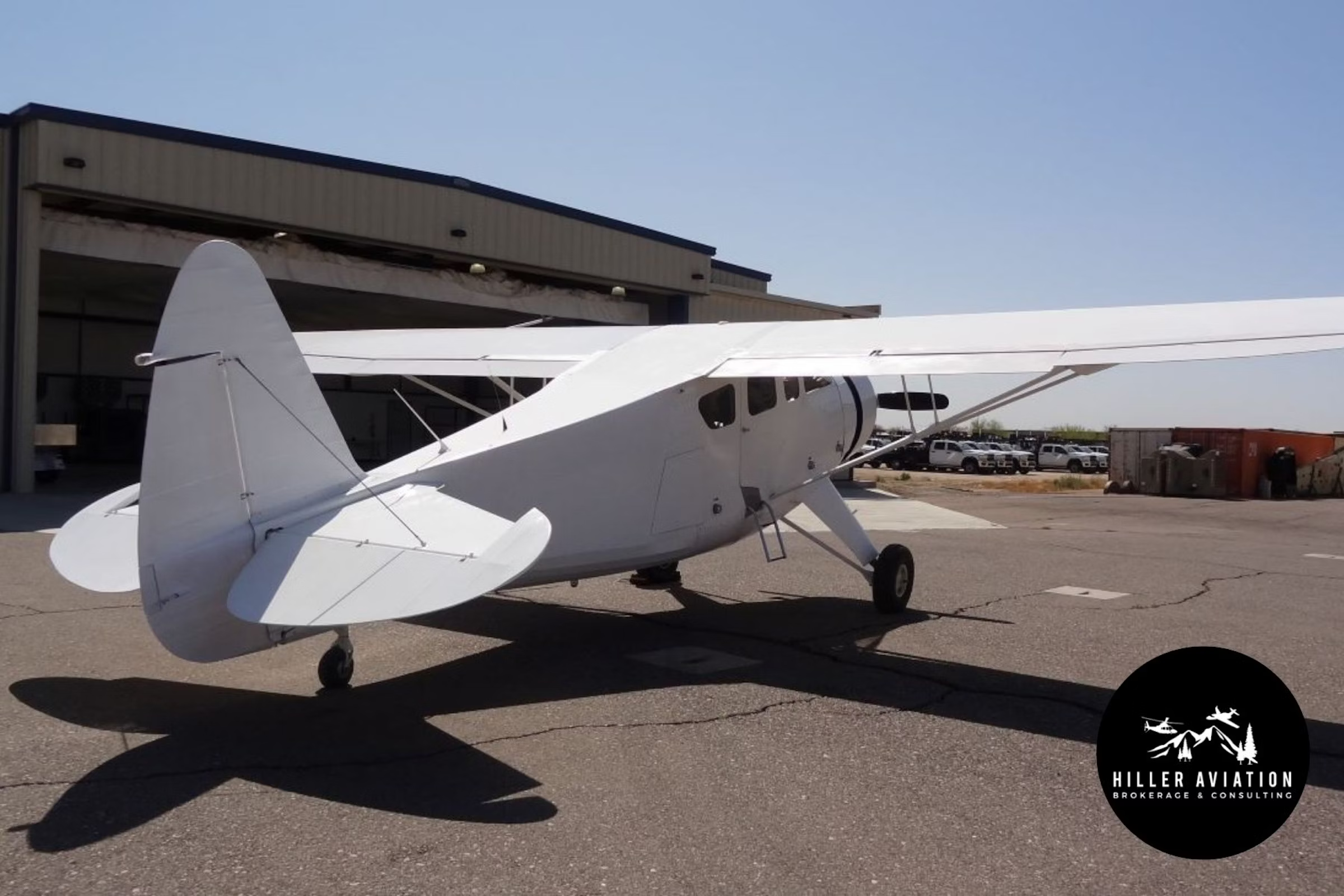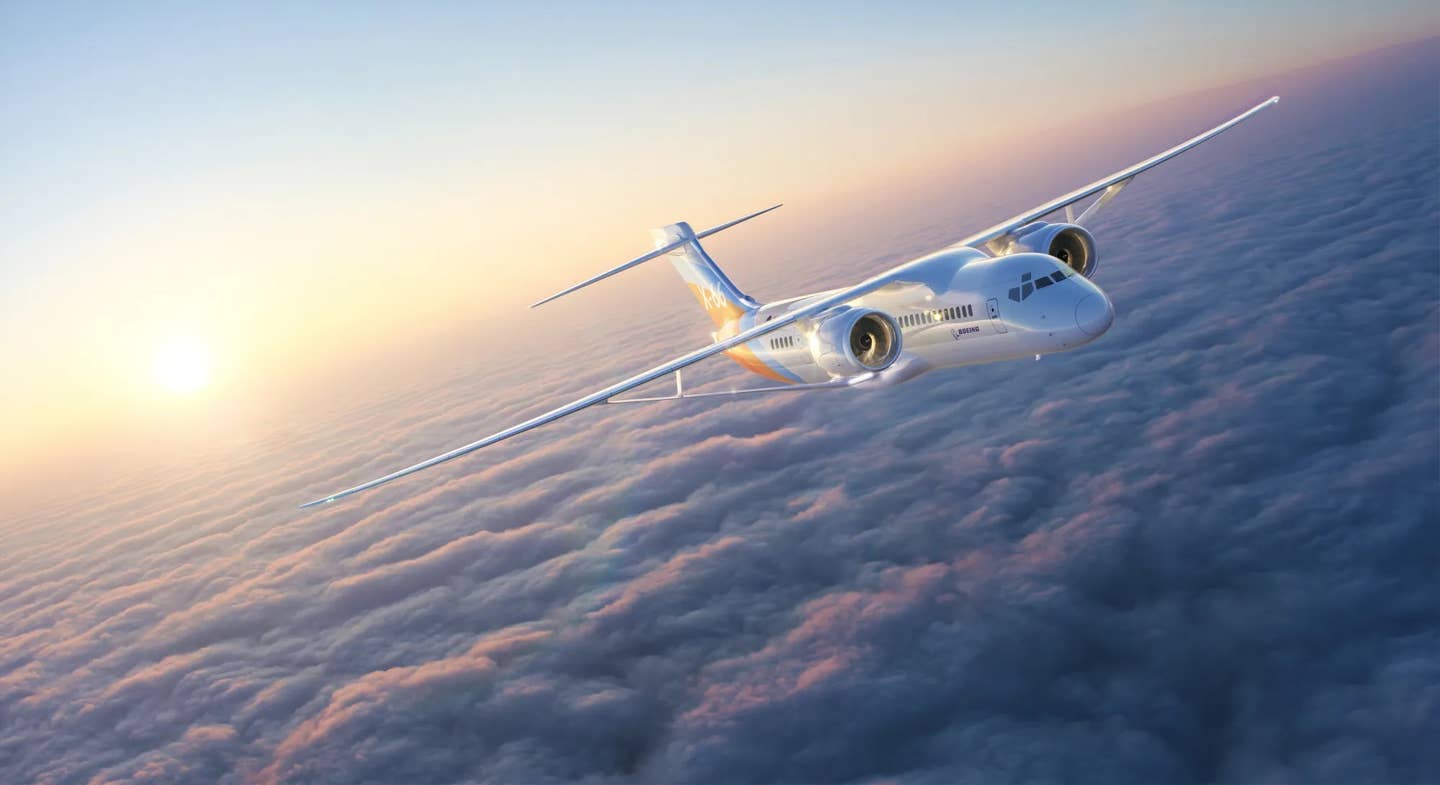Dallas-based Green Taxi Inc. Moves Forward With Electric Aircraft Taxi Project
The company has been working with industry powerhouses and now has an OEM patent to create technology to reduce jet fuel use.

GTI says taxiing can account for 5 to 12 percent of an aircraft’s fuel consumption. [File photo: Adobe Stock]
On Tuesday, Green Taxi, Inc, (GTI) announced it has acquired an OEM patent for its electric air taxi technology that the company says can greatly reduce fuel use.
GTI, based in Dallas, Texas, has been working with aviation industry powerhouses L3 Technologies, Honeywell and Safran to develop the technology. On Tuesday, the company also announced the hiring of key team members who have been involved in the project and the acquisition of intellectual property from L3 and Honeywell.
How It Works
Companies would install electric motors to drive the landing gear during taxi rather than having the aircraft propelled forward by thrust from the engines. According to a company release, the process uses the auxiliary power unit (APU) generator to power the motors on the landing gear driving the wheels, thus enabling the aircraft to taxi without starting its main engines.
"The power electronics and system controller provide precise control to the pilot's over speed and braking during taxi operations,” the release said. “An aircraft equipped with the GTI system will eliminate the need for pushback tractors or tugs, reducing gate and tarmac congestion and improving airline on-time performance."
Why This Matters
The rising cost of jet fuel combined with the effort to meet the goals of the Clean Aviation movement is pushing the development of electrically powered aircraft taxi technology.
According to GTI, in the U.S, the average taxi time for jet aircraft ranges from 15 to 30 minutes, and taxiing can account for 5 to 12 percent of an aircraft's fuel consumption, depending on the aircraft type and duration of flight.
“Jet engines have 16 to 38 times the carbon dioxide output at idle than at takeoff thrust and the GTI system reduces these taxi emissions by 85 percent,” Green Taxi president and founder David Valaer said. “The GTI system will be well received by airlines and passengers in these CO sensitive times. The GTI system provides at least a 70 percent return on investment in total operator savings.
“Green Taxi-equipped jetliners will save significant costs on reduced ground time apart from the fuel savings. Other benefits include extended engine life, enhanced ground crew safety, and reduced noise at the airport."
ETS is being directed toward newer short- and medium-haul aircraft, and will be retrofittable to legacy aircraft already in use. GTI notes they are pursuing discussions with several major airlines who are interested in adding this technology to their fleets.

Sign-up for newsletters & special offers!
Get the latest FLYING stories & special offers delivered directly to your inbox






